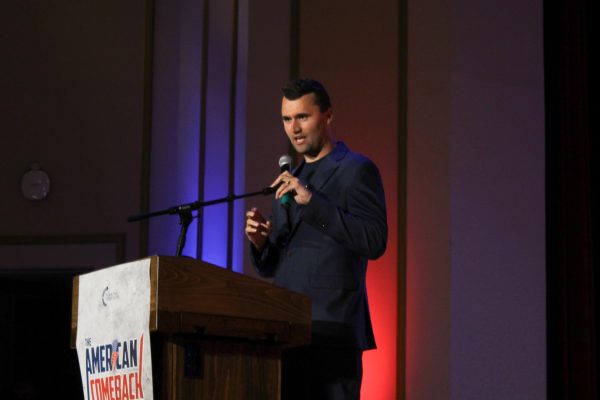University continues sustainability effort, collects 100 percent of coffee grounds
September 24, 2014
The University is now giving away free buckets of repurposed coffee grounds to anyone who can put it to use.
This April, University Housing received a $1,820 grant from the Student Sustainability Committee to create the Coffee Ground Repurposing Project.
As of this month, the project now collects 100 percent of coffee grounds from University dining halls.
The project aims to minimize dining hall food waste and educate students on campus sustainability, according to the project’s proposal.
Dawn Aubrey, associate director of Housing for Dining Services and leader of the project, said she believes it is a great project for the University and students.
Get The Daily Illini in your inbox!
“We wanted to make sure that they are going into a good purpose, being repurposed and used in a sustainable manner,” Aubrey said.
Coffee grounds are gathered from six University dining halls, including: Busey-Evans, Illinois Street Residence, Lincoln Avenue Residence and Allen Hall, Pennsylvania Avenue Residence, Florida Avenue Residence and Ikenberry, as well as University catering. The grounds are being used as fertilizer by Orchard Downs Family Housing, the Sustainable Student Farm, the Sustainability Living-Learning Community, the Planeteers student organization, the Permaculture Plot at the South Farm and the Food Preservation Lab.
The grounds are rich in phenolic compounds and act as a disinfectant in soil. However, Michelle Wander, associate professor of Soil Fertility and faculty adviser of SSC, said students have to be sure to use the repurposed grounds correctly in order to gain the most benefits from the grounds.
“If you just apply it without composting it, it would probably put in like 5 percent of that material,” Wander said. “It would have a fine effect, but it’s more common to compost it and break down some of those things that will have a negative effect on living organisms.”
Wander also said that students and farms could use the composted grounds as potting media, fertilizer and antibacterial agents. The coffee grounds were tested as a fertilizer at the Sustainable Student Farm during their composting program in spring.
“We had to do some testing first to make sure we can do it well and do it right,” Wander said.
Students pay a $12.06 sustainable campus environment fee and a $2 cleaner energy technologies fee every semester in order to support the sustainability initiatives on campus. The collected fees allow SSC to allocate just under $1.1 million to projects that promote campus sustainability.
“They (coffee grounds) were going to be thrown away, but they (University Housing) decided that they were going to use them for something else, so they are being used for composting; it’s a really educational opportunity for students,” said Amy Liu, SSC chair and junior in LAS.
Aubrey said she hopes to see the project continue to raise awareness among students at the University.
“We have the obligation to use the resources they have trusted us with in a sustainable manner,” Aubrey said. “And to me, this is just one more way that we can be sustainable, be good stewards and responsible to our resources.”
Aixin can be reached at news@dailyillini.com.





